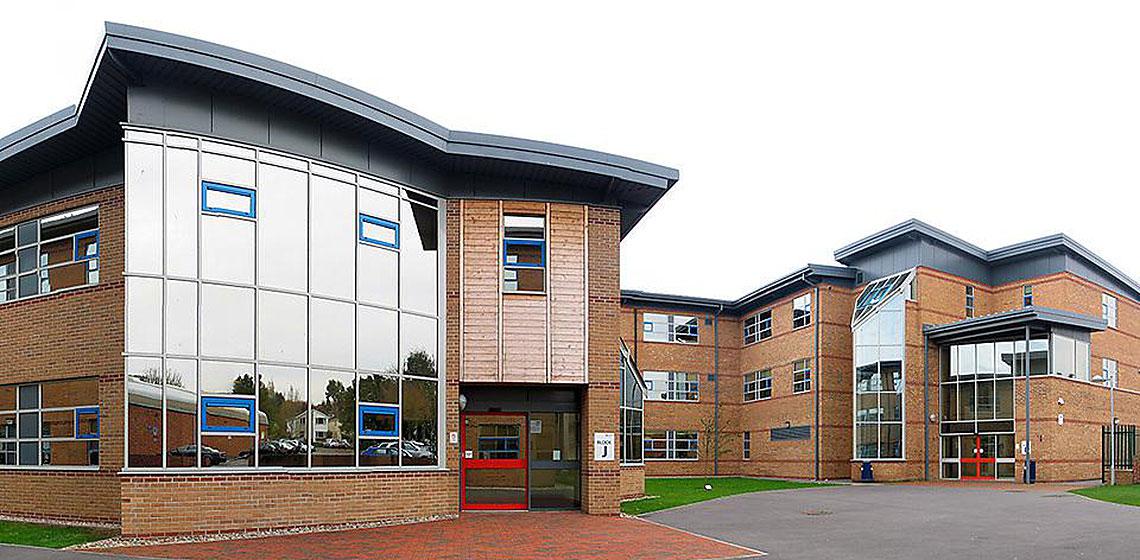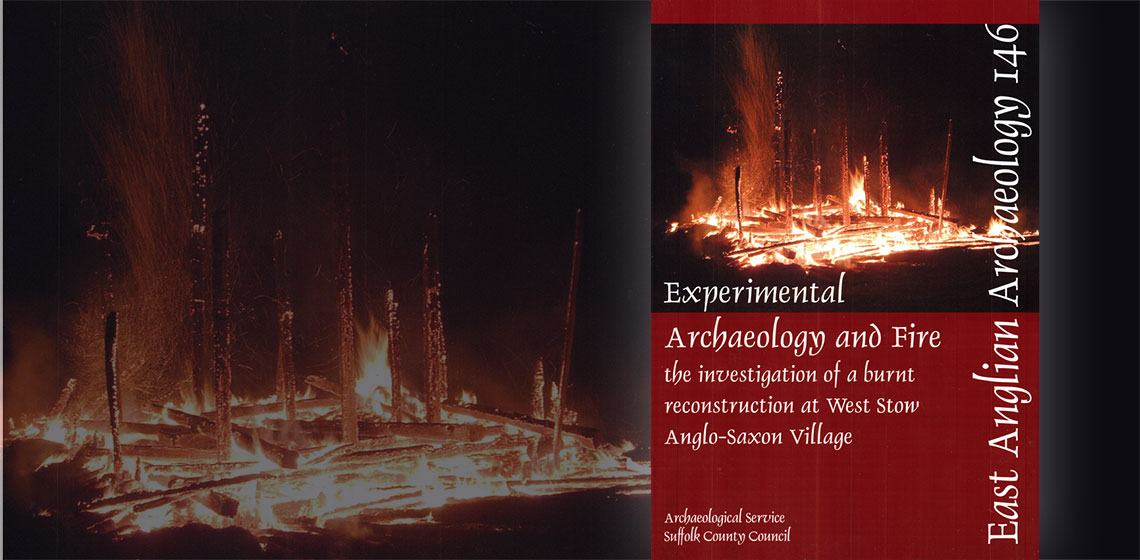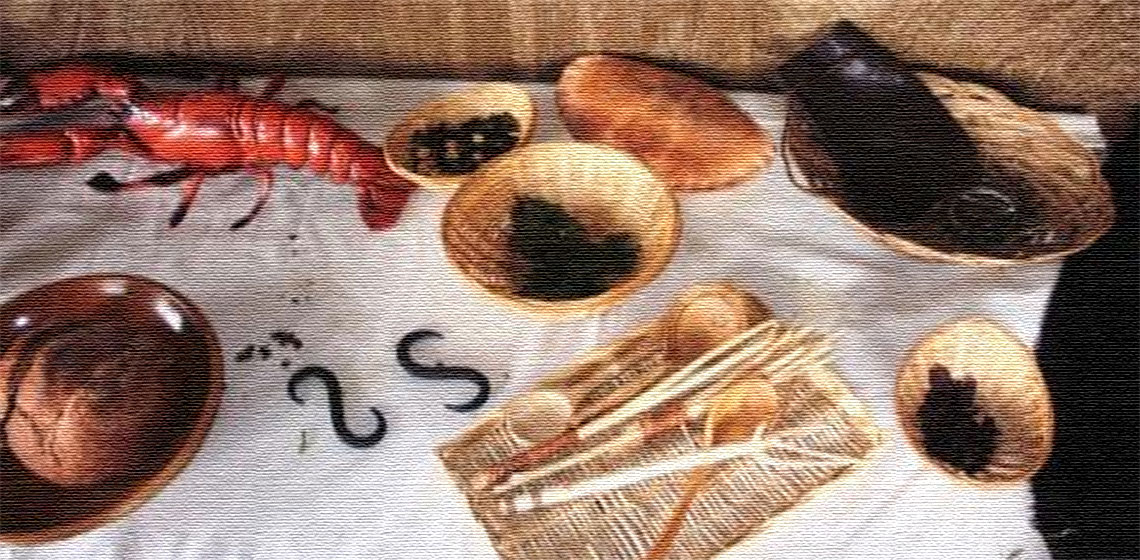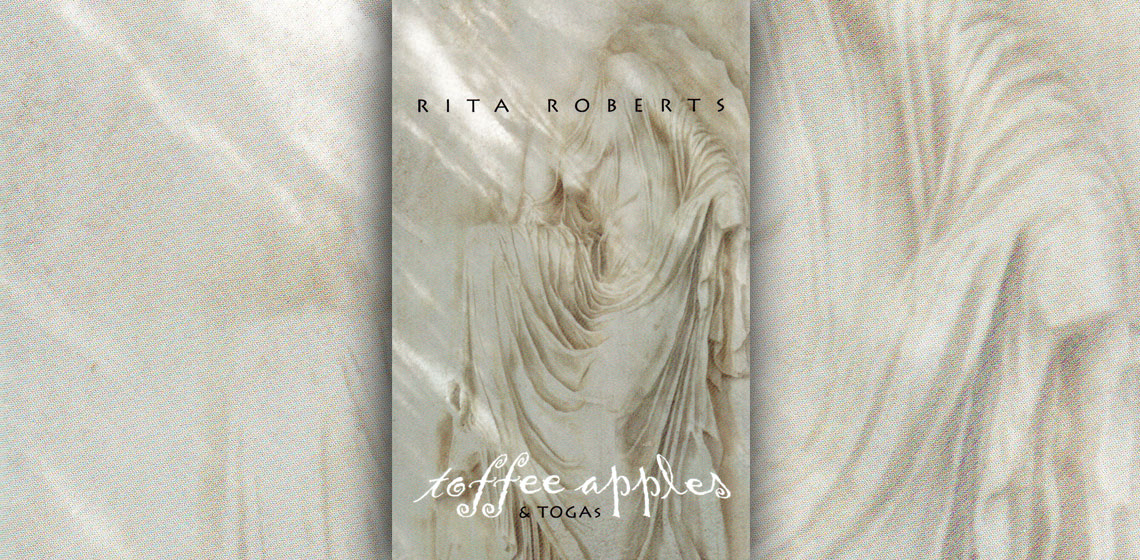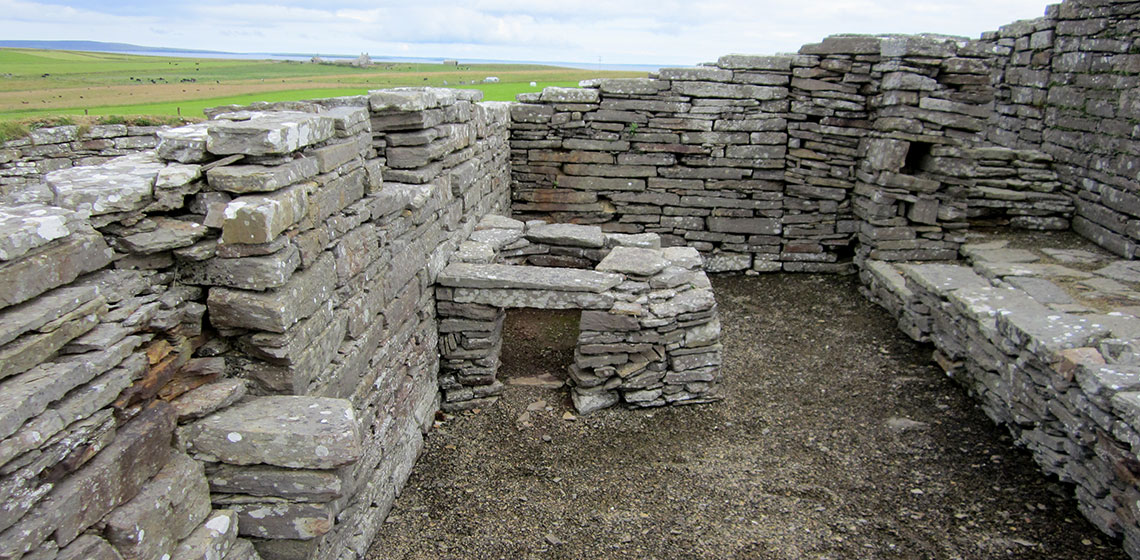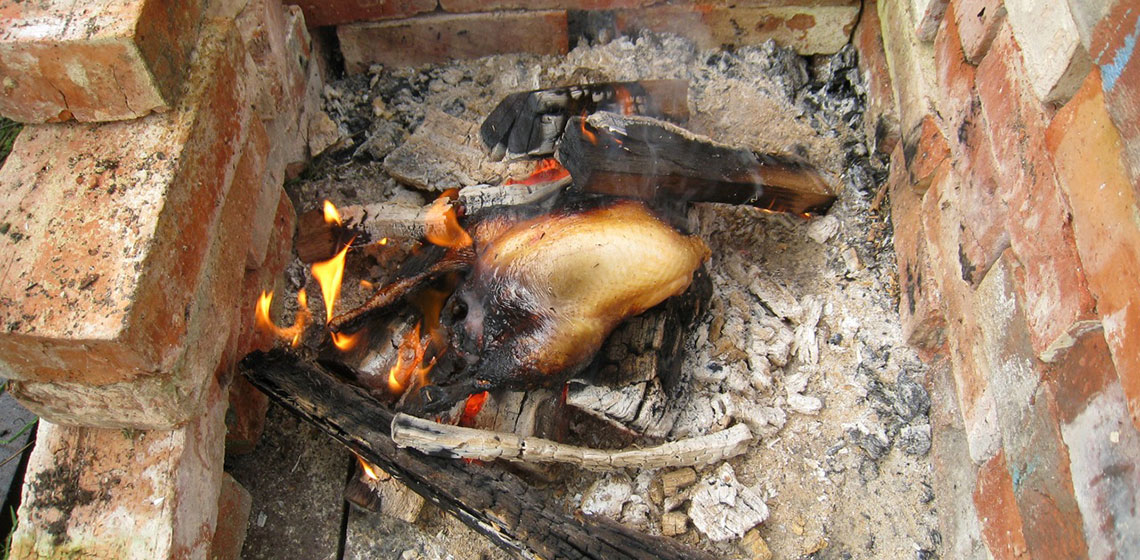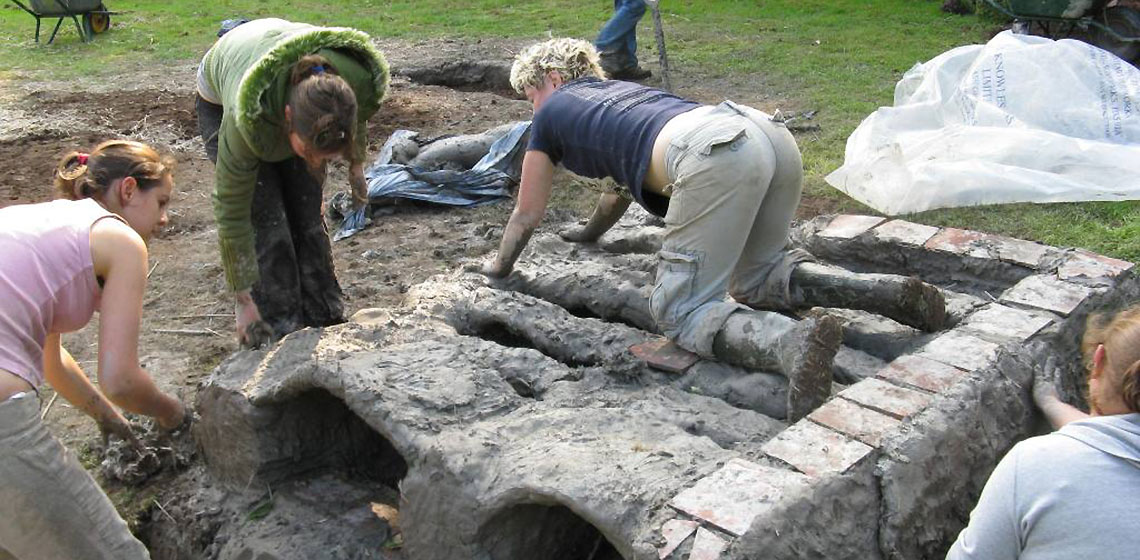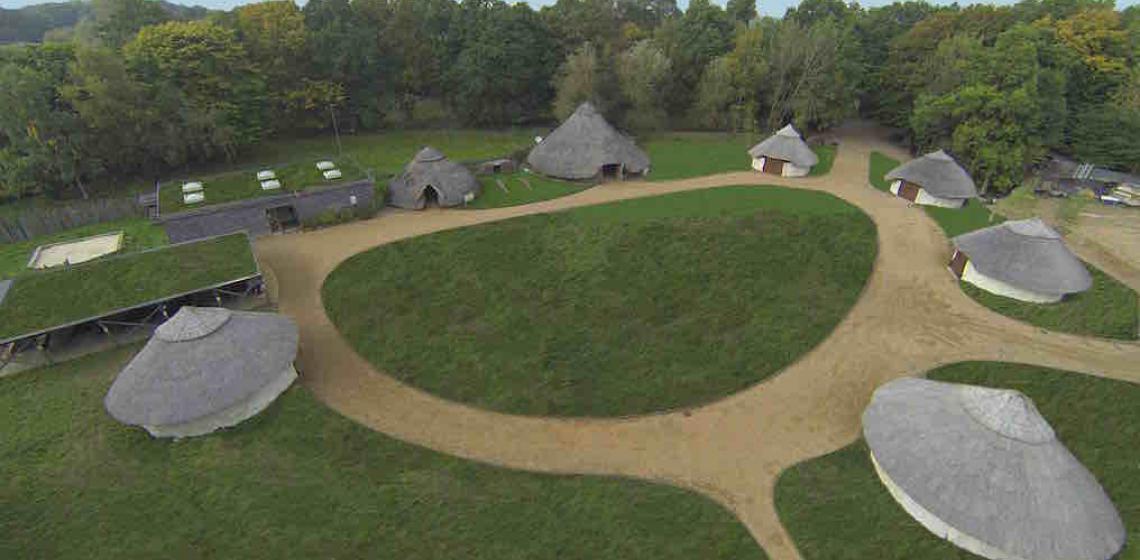Strode College (UK)
Our college's specialty is lifelong learning. An Experimental Archaeology / Ethnoarchaeology module (level 5) is offered as a part of our Foundation degree in History, Heritage and Archaeology (Plymouth University).
Our college's specialty is lifelong learning. An Experimental Archaeology / Ethnoarchaeology module (level 5) is offered as a part of our Foundation degree in History, Heritage and Archaeology (Plymouth University)...

